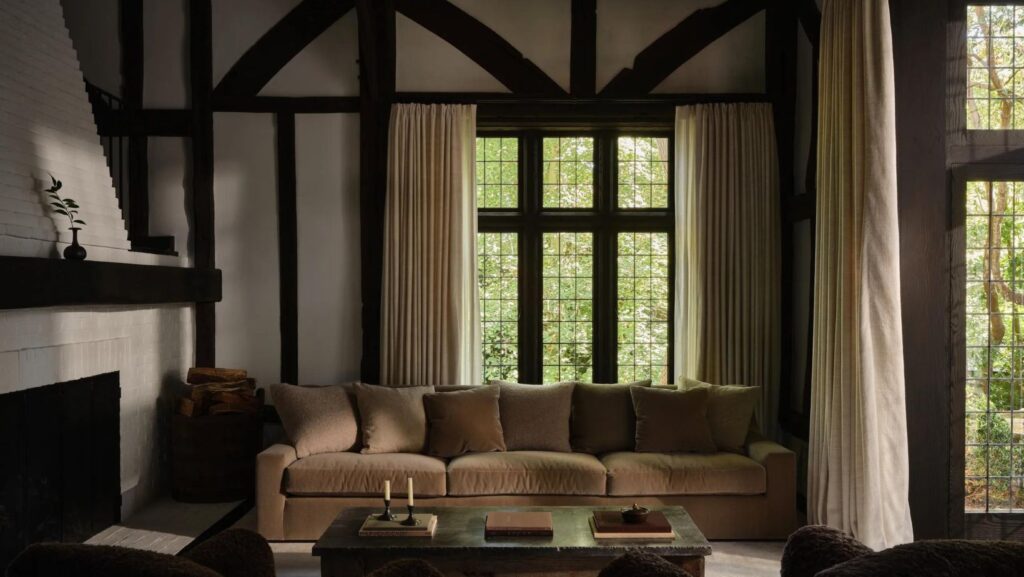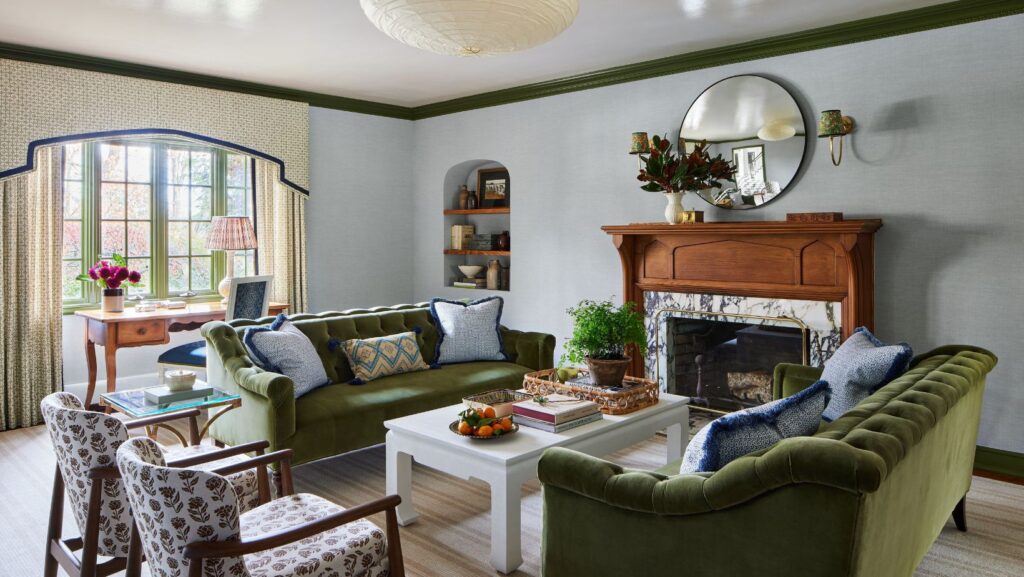Feng Shui interior design
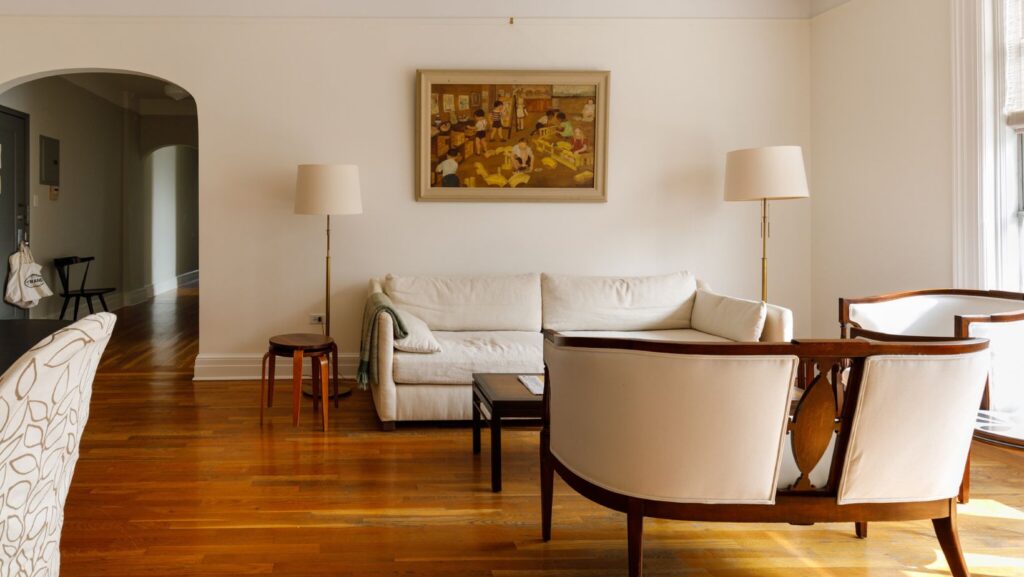
Stepping into a space that exudes harmony and balance can have a profound impact on our well-being. In the world of interior design, the ancient practice of feng shui offers a unique approach to creating environments that promote positive energy flow and a sense of tranquility.
As an experienced blogger, I’ve delved into the realm of feng shui interior design to uncover the secrets behind its growing popularity and timeless appeal.
In this article, I’ll share insights on how feng shui principles can be seamlessly integrated into modern interior design to enhance not just the aesthetics, but also the overall energy of a space. From the strategic placement of furniture to the use of color and natural elements, Feng Shui interior design offers a holistic approach to designing spaces that nurture both the body and the soul. Join me on a journey to explore the transformative power of feng shui in creating harmonious living environments.
Exploring the Basics of Feng Shui Interior Design
What Is Feng Shui?
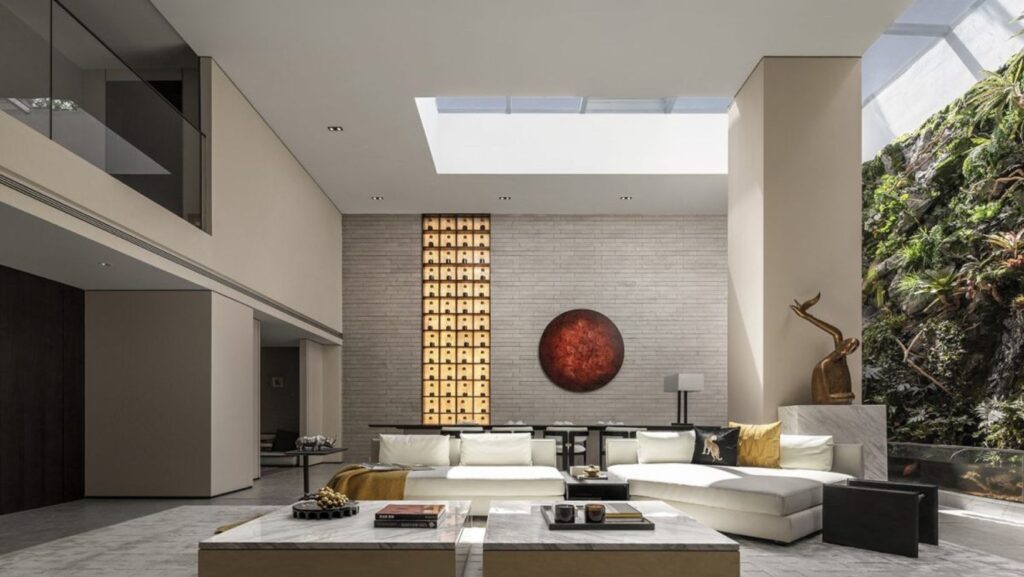
Feng Shui interior design is an ancient Chinese practice that focuses on harmonizing individuals with their surrounding environment. It revolves around creating a balanced and positive atmosphere in living spaces to promote well-being and prosperity. In essence, Feng Shui is all about the arrangement of your environment to enhance various aspects of life, including health, wealth, and relationships. By applying Feng Shui principles, I can optimize the flow of energy, known as “chi,” to create a space that supports my goals and aspirations.
Core Principles of Feng Shui in Design
In Feng Shui interior design, several core principles guide the arrangement of spaces to harness positive energy and create a harmonious environment. These principles include the strategic placement of furniture to facilitate the smooth flow of energy throughout the room. By incorporating elements such as colors, materials, and natural elements that correspond to the five Feng Shui elements (wood, fire, earth, metal, water), I ensure a balance that enhances the overall energy in my living space. I prioritize simplicity and decluttering to allow energy to flow freely, promoting a sense of calm and serenity in the home.
How to Implement Feng Shui in Your Living Room
Arranging Furniture for Optimal Energy Flow
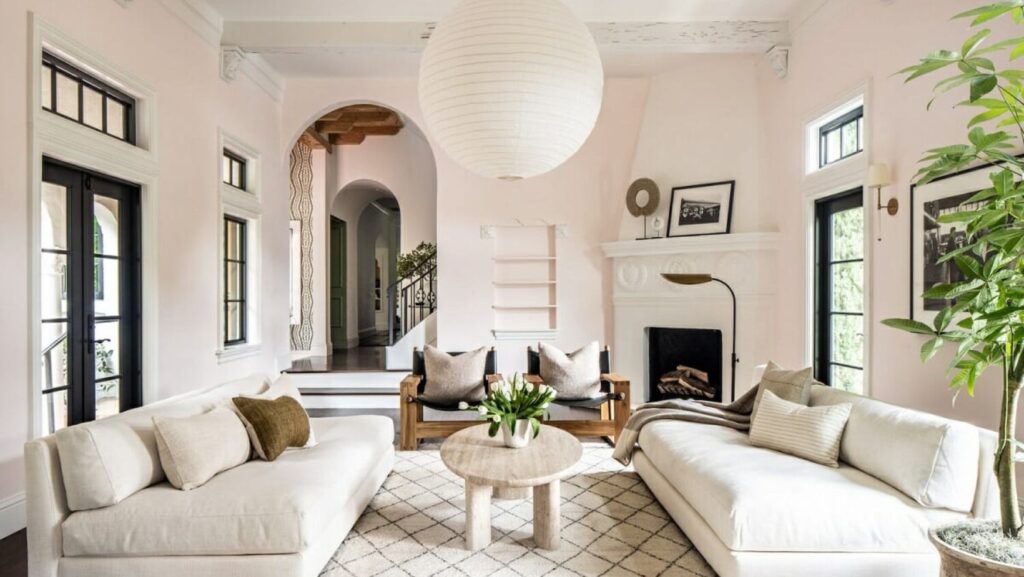
Incorporating feng shui in your living room starts with strategic furniture placement to optimize energy flow. Positioning key pieces such as the sofa, coffee table, and TV in a way that allows for smooth movement and interaction fosters positive energy circulation. Placing furniture against walls and ensuring clear pathways can enhance the flow of chi, promoting a harmonious atmosphere in the space. By creating a layout that encourages balance and relaxation, you can maximize the benefits of feng shui in your living room and an overall comfort in your home.
Choosing Colors and Decor for Harmony
Selecting the right colors and decor elements is crucial in implementing feng shui principles in your living room. Colors play a significant role in setting the mood and energy of the space. Opt for soothing tones like soft blues, gentle greens, or warm earthy hues to promote relaxation and balance. Integrate decor items such as mirrors, plants, and water features to introduce elements of nature that enhance the overall ambiance. By carefully curating colors and decor that resonate with feng shui principles, you can create a harmonious living room that supports well-being and contentment.
Positioning Your Bed for Good Health and Relationships
When it comes to feng shui in the bedroom, the placement of the bed plays a crucial role in promoting good health and nurturing relationships. In feng shui, the bed should be positioned so that it has a solid wall behind it, symbolizing support and stability in life. Placing the bed diagonally opposite the door is considered the best position as it allows for a clear view of the room’s entrance while maintaining a sense of security. It’s essential to avoid placing the bed directly in line with the door to prevent the flow of energy, known as chi, from disturbing your sleep.


